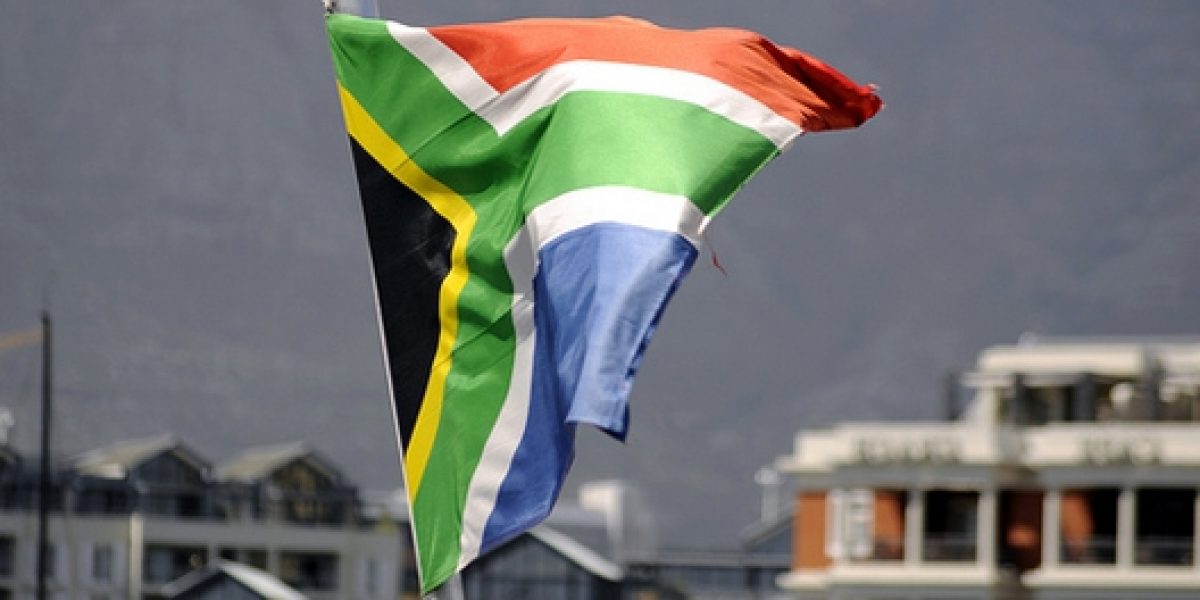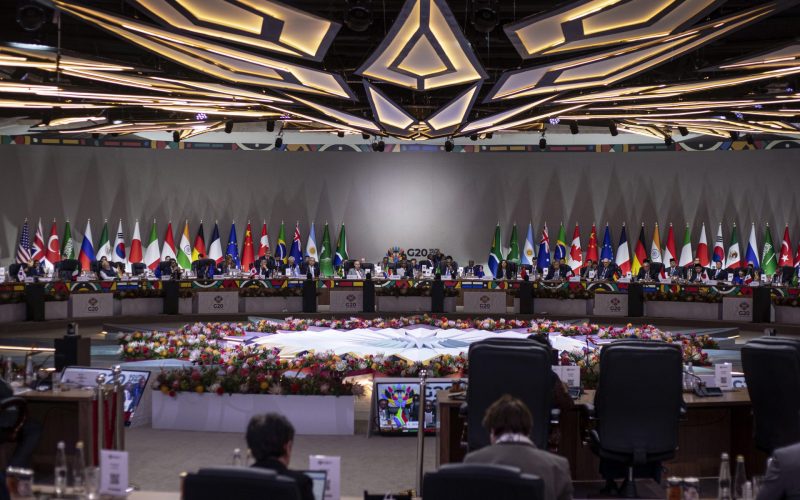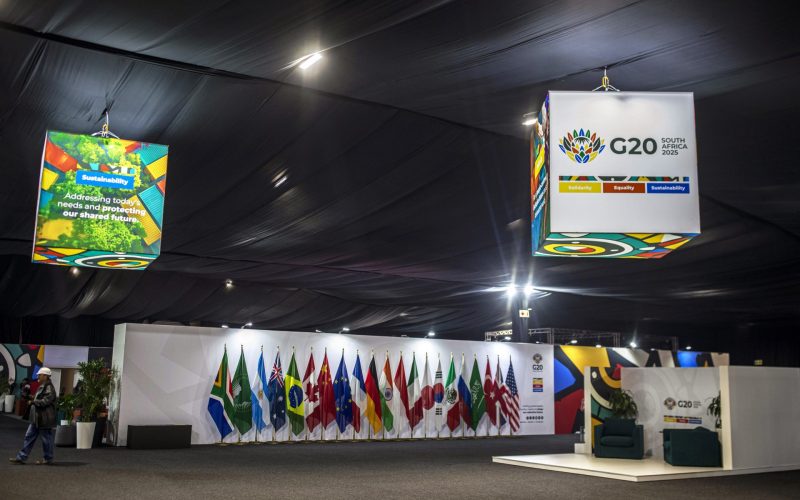On 27 April this year, democratic South Africa commemorates its 21st anniversary, thereby marking its transition into ‘adulthood’.
The past two decades have witnessed a euphoric South Africa – enjoying unprecedented moral authority stemming from its peaceful transition – slipping towards greater policy incoherence and confusion. Succeeding administrations have become mired in controversy: Thabo Mbeki’s stance vis-à-vis HIV/Aids and Zimbabwe fell gravely short of his farsighted engagement on the establishment of the New Partnership for Africa’s Development (NEPAD), the African Peer Review Mechanism and the articulation of South Africa’s African Agenda; Jacob Zuma’s unresolved role in two of the most infamous corruption scandals in post-apartheid South Africa, ‘Nkandla-gate’ and the arms deal has overshadowed other worthy achievements such as South Africa’s joining of the BRICS. These have fuelled doubts about South Africa’s ability to lead the continent in global affairs.
The recent resurgence of xenophobic violence in cities across South Africa further erodes confidence in the country’s leadership abilities. Although the government was quick to condemn the attacks and to deploy additional law enforcement personnel to quell the violence, this has sparked strong reactions across the continent, with neighbouring countries like Malawi announcing the repatriation of their citizens.
Despite these challenges, the country’s commitment to the development and prosperity of Africa remains strong. Its 21st anniversary offers an opportune time for South Africa’s leaders (and citizens) especially in light of the xenophobic attacks to reflect on its past trajectory, with a view to informing the future.
To commemorate this watershed moment in South Africa’s contemporary history, SAIIA has extracted some key lessons from our qualitative perceptions survey among foreign policy practitioners in South Africa and Ethiopia, conducted on our behalf by the independent, global survey company, IPSOS. This is the first such survey ever to be conducted on how South Africa’s foreign policy is perceived by those policy stakeholders that are most directly affected by South Africa’s policies: its external stakeholders.
The sole purpose of this project was to answer the question: Has South Africa achieved its foreign policy objectives?
High-ranking representatives of foreign missions, regional organisations and international organisations have given their answers, providing insights into various aspects of South Africa’s foreign policy. SAIIA has distilled some of these findings into an Occasional Paper, ‘South Africa’s Foreign Policy: Tempering Dominance Through Integration’.
This paper draws on the perceptions of the country’s most influential external constituency: the Southern African Region. It synthesises the findings through the paradigms of ‘dominance’ and ‘integration’, illustrating how the country tries to reconcile its foreign policy through these seemingly inconsistent and competing views.
Some of the perceptions of South Africa noted in the paper include:
- South Africa’s political engagements are seen as being at odds with its economic ones, particularly in Southern Africa.
- Fears of South Africa’s economic dominance could be offset if South Africa were seen to be working harder to tie its economic success with that of the region. There is a general belief that South Africa could do more to translate its economic prosperity into greater economic opportunities for its neighbours. There is a perception that South Africa is delaying the proposed Tripartite Free Trade Agreement for selfish reasons.
- South Africa should be wary of its tendency to behave like a ‘big brother’. While the region agreed that it is time for a Southern African candidate to lead the African Union Commission, the election of Dr Nkosazana Dlamini-Zuma to the AU Chair was commonly seen as an example of South Africa strong-arming its neighbours. Southern Africa would like South Africa to be more consultative in its decision-making.
- While South Africa’s dominance in the region is unquestioned, Southern Africa is ambivalent about the country’s ability to represent the continent, given its domestic failures such as corruption and continued socio-economic inequality.
- While South Africa’s peacekeeping presence on the continent is seen as ‘laudable’, there is a perception that the country could ‘do more’ and commit more troops to operations.
Regardless of whether or not these perceptions are accurate, South Africa can ill afford to ignore them.
The paper concludes that South Africa’s foreign policy is a reflection of how it is maturing as a country and offers firm recommendations on how it can strengthen its relations with the Southern African region, as a conduit to improving its external relations more broadly.








